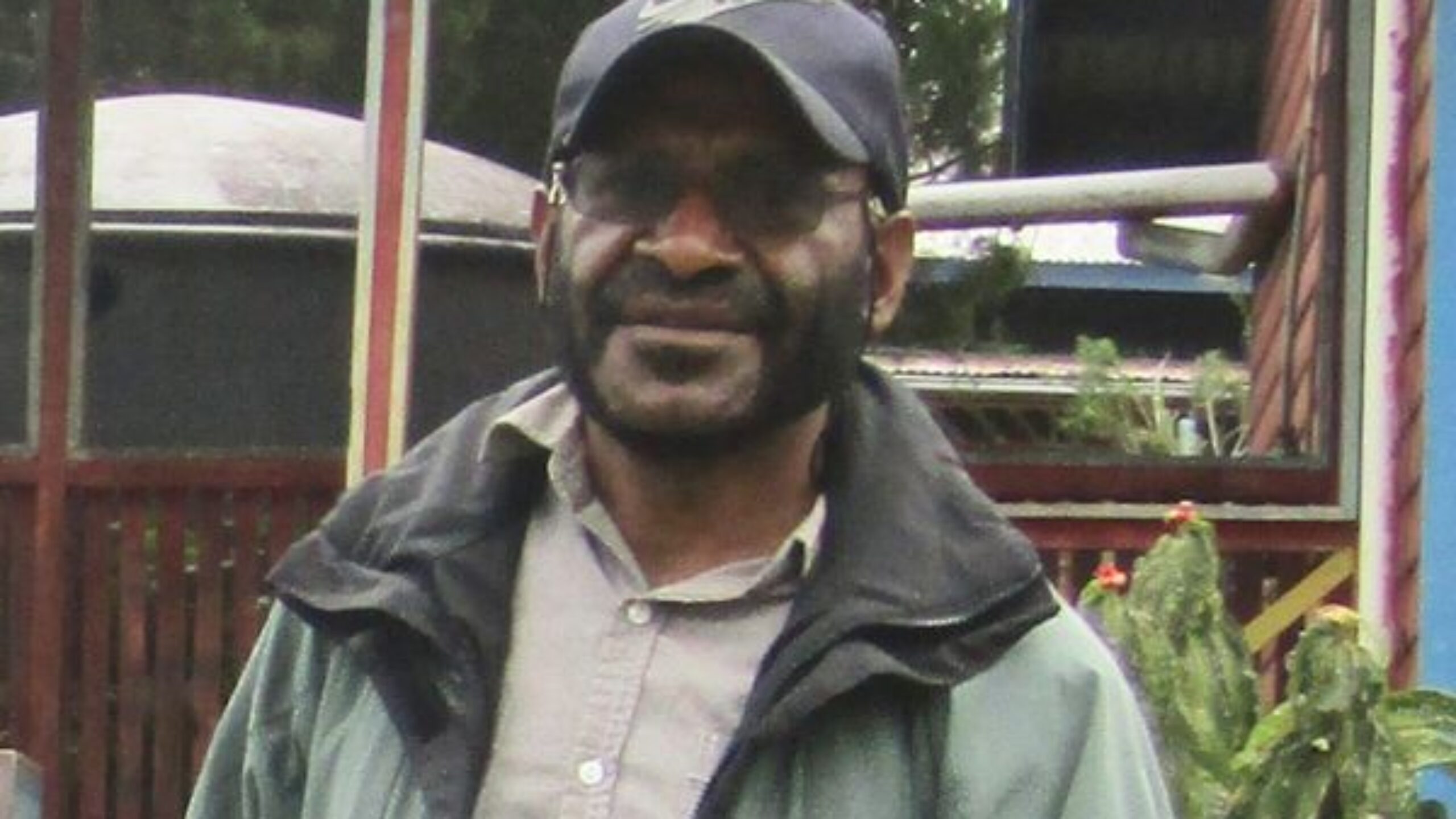
Indigenous empowerment through knowledge sharing
Literacy and access to education are powerful tools for Indigenous individuals and communities. When Indigenous peoples have access to education and literacy, they become more resistant in the face of adversity.
These skills are vital in navigating legal frameworks and can empower individuals to challenge discriminatory practices. It allows them to advocate for the recognition and protection of their land, culture and overall human rights.
Here are some examples of how the communities in our partnerships across the world have equipped themselves with this knowledge.
Knowledge sharing in Papua New Guinea
Papua New Guinea’s government is currently planning to ban the export of unprocessed timber, and instead start turning the logs into a final end product domestically. This decision has been made in a bid to hopefully add value to the product and bring more benefits to local resource owners. However, the infrastructure needed to implement this new policy is not in place yet.
Whilst the government is figuring out its next steps, foreign logging companies are taking advantage of local communities, who are unclear on the rules that will be enforced once the policy is in place.